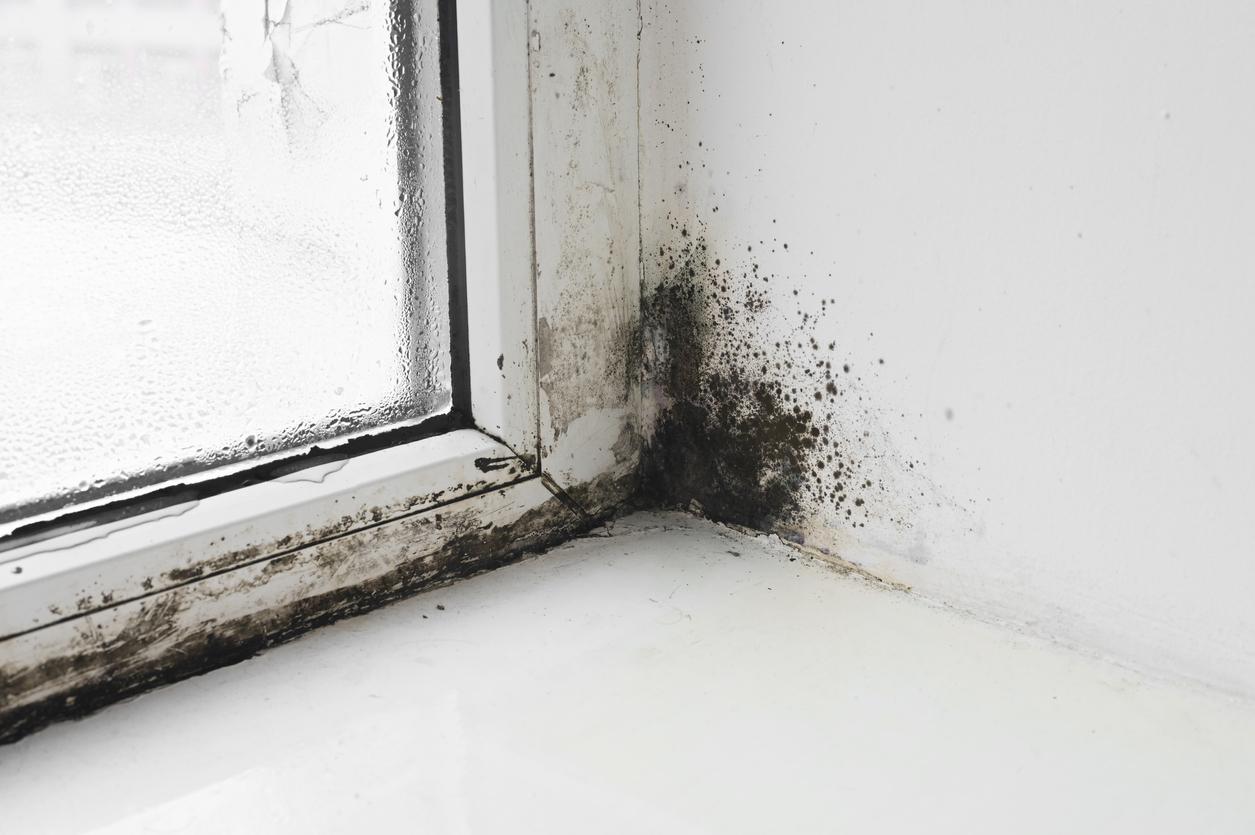With barely half of the sums allocated to the Alzheimer’s plan used, families and caregivers still feel powerless to find respite facilities.

After a one-year reprieve, the 2008-2012 Alzheimer’s plan is coming to an end. Professors Joël Ankri and Christine van Broeckhoven hand over their assessment report to the Minister of Health on Wednesday. What results for this third Alzheimer’s plan which had particularly focused on caregivers and families?
Patient associations are not waiting for these conclusions to already express their concerns. “This plan was very successful on paper, but the implementation of the measures began late, testifies worried Marie Odile Desana, president of France Alzheimer. We are now assessing measures that were put in place barely more than a year ago… ”1.6 billion euros have been allocated for the implementation of 44 measures decided in 2008. However, this day, only half of the money was spent.
Result: “The Alzheimer’s plan remains very abstract for families, many of them tell us that they do not see the concrete effects in their daily life”, denounces Marie-Odile Desana. “Today, they still lack respite structures, such as day care places, or temporary emergency accommodation, where the sick person can be taken care of for a few weeks when the caregiver is exhausted or at a loss. health glitch. This was however the objective of measure n ° 1. Over the 2008-2012 period, 11,000 day care places were initially planned. According to the association, only a third of the places have been opened.
Listen to Marie-Odile Desana, the president of France Alzheimer. ” Temporary accommodation is a disaster measure, it has not developed. “
This finding applies more generally to all the measures relating to the improvement of the quality of life of sick people and caregivers. At the end of 2012, only 35% of the budget planned for these measures had actually been spent. However, some improvements can be noted such as training and awareness-raising actions for caregivers. “Since 2009, we have trained 11,000 caregivers throughout France,” explains the president of France Alzheimer. This makes it possible not to leave the patient and his caregiver destitute and isolated. “
Listen to Marie-Odile Desana. ” These are information modules on the disease, support, material and technical assistance, non-verbal communication. “
For its part, the Médéric Alzheimer Foundation notes that between 2007 and 2011, memory consultations developed internally support activities for family caregivers: 52% offered in 2007, and 59% in 2011. Psychological support and meetings information are the two most common activities. The Foundation also notes that the queues are getting longer for diagnostic consultations. Between 2009 and 2011, the average waiting time for a first consultation increased from 49 days to 52 days, all types of consultations combined.
Faced with this observation, the associations obviously want the Alzheimer’s plan to be renewed and continued, and for the funding to be sustainable. “All the measures that have been put in place are only on an experimental basis…” emphasizes Marie-Odile Desana.
But here too the concern is great. “The economic context does not suggest that we will have the same funding, and it is also likely that the future plan will be extended to other neurodegenerative diseases. It is interesting that these diseases, like Parkinson’s, benefit from the innovations initiated in the previous Alzheimer’s plans, but the funding must be commensurate with this expansion. “Alzheimer’s disease concerns nearly 850,000 people in France,” if we add the other neurodegenerative pathologies, this represents nearly 1,100,000 patients “.
Listen to Marie-Odile Desana. ” If we do not give patients and families the means to access it, there is no point in developing respite structures. “
Another fear is the dependency reform that has been postponed many times since 2007. The government timidly announced a reform for the end of the year. Marie-Odile Desana hopes that she will be up to the financial stakes because she reminds that the out-of-pocket expenses for families are high. For a sick person at home, it is on average 1000 euros per month. And in establishments, it can be as high as 2,300 euros. “Now I remind you that the average pension for a woman in France is 870 euros, for a man 1100 euros, so you understand that without the help of the rest of the family, an elderly couple cannot get out of it, especially since Alzheimer’s disease is a disease that progresses slowly over several years. “
.

















